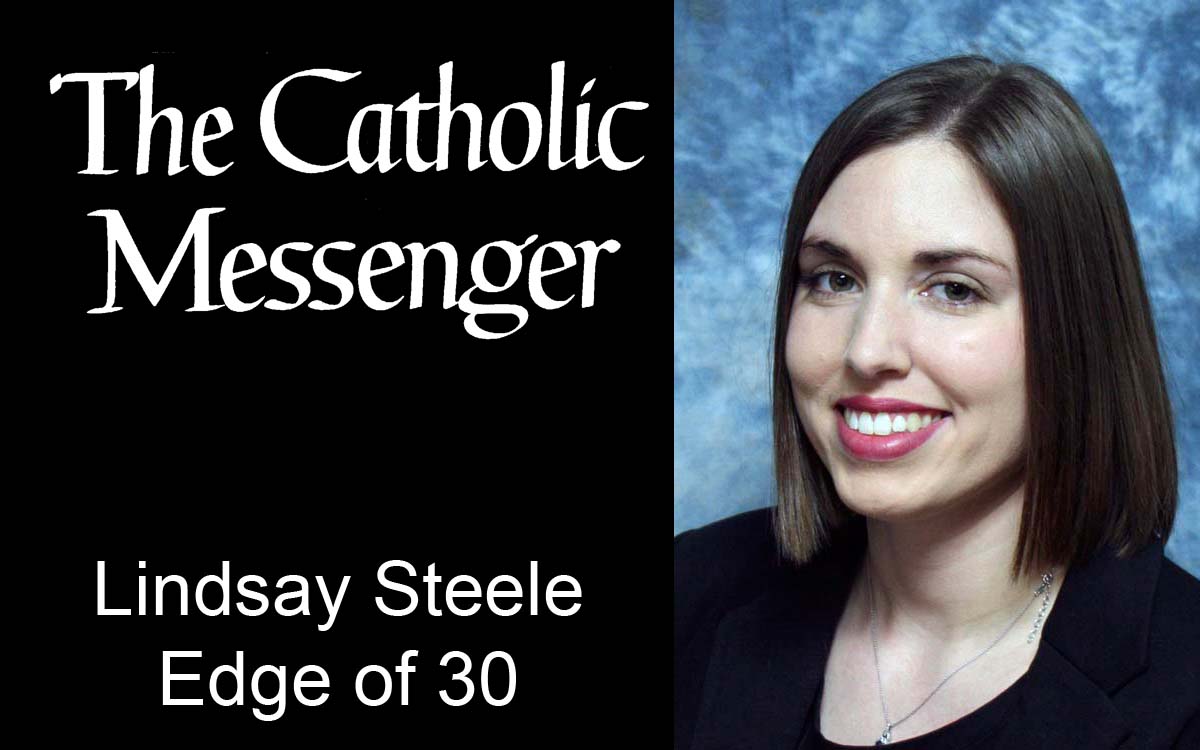In films, television and fic- tion, it’s rare to find a character who is willing to wait for mar- riage. If a character wants to “wait,” it’s almost always the woman, and she’s almost always portrayed as some kind of religious nut or someone who is sheltered and doesn’t know what she’s missing. Abstinence is rarely portrayed as a positive choice.
 Recently, I caught wind of a rather unusual exception to this — a male character in, of all things, a “choose your own adventure” story app.
Recently, I caught wind of a rather unusual exception to this — a male character in, of all things, a “choose your own adventure” story app.
The character — Maxwell — is a sweet, handsome, fun-loving and loyal friend to the main character. Later, the main character has an opportunity to turn the friendship into a dating relationship. Maxwell is deeply in love with the main character and wants to marry her.
“You may want to take things further,” he says, explaining that he wants to be with her but isn’t ready. “I just want to make sure that when the time comes, it’s right for both of us.”
His reasons for limiting phys- ical contact are sincere and com- plex. First, he doesn’t want the character to leave him on the basis of his relative inexperience. He wants to know that the main character truly loves him and is willing to work through that part of their relationship together once they have made a commitment. He knows it takes time to build the kind of trust necessary to take away that pressure.
Second, he wants to enjoy the dating stage of their relationship without the distractions and responsibilities associated with sex. He knows that real consequences exist, because his brother got a girl pregnant during a one-night stand. Maxwell’s brother and the baby’s mother make the best of the situation, but the co-parenting relationship is a challenging one. Maxwell would prefer to raise a child within the context of a committed relation- ship, and he knows the only sure way for this to happen is to abstain.
In response, the main charac- ter has no choice but to do the right thing — she can either say, “I respect that and will wait for you” or “I want to wait, too.” She never asks, “Why, what’s wrong with me/you?”
These explanations and responses — on behalf of both Maxwell and the main character — do not include religious influ- ence. But, I think they point out a few reasons why it’s good to wait. It’s one thing to be told not to have sex until marriage. It’s another to understand why it’s a positive choice.
Regarding the Catholic Church’s teaching on pre-marital sex, Marianne Agnoli, marriage and family life coordinator for the Diocese of Davenport, said that the church often gets pegged as being anti-sex, or that it only tolerates sex for the creation of children. “Nothing could be further from the truth. In fact, the church holds sex in such high esteem that it considers marital lovemaking to be ‘sacred’ — the most intimate gift of self to the other.”
This understanding of sexual expression often stands in stark contrast to popular perceptions which suggest sex is simply another form of recreation with no particular meaning beyond that of an individual’s personal pleasure, Agnoli explained.
In her experience working with couples before marriage, she observes that those who wait until they are married to engage in this most sacred expression of intimacy begin building a solid foundation of trust and stability in their marriage. That will serve them well as they live out a lifelong commitment to love one another.
With this in mind, it’s refresh- ing to see a mainstream literary character that holds sex to a higher level. It’d be nice if more examples like this existed in media to let people who are waiting for marriage know that it’s ok, it’s good, and they are not alone. It could also help naysayers to see abstinence in a more positive light.
(Editor’s note: Lindsay Steele is a reporter for The Catholic Messenger. Contact her at steele@davenportdiocese.org or by phone at (563) 888-4248.)











